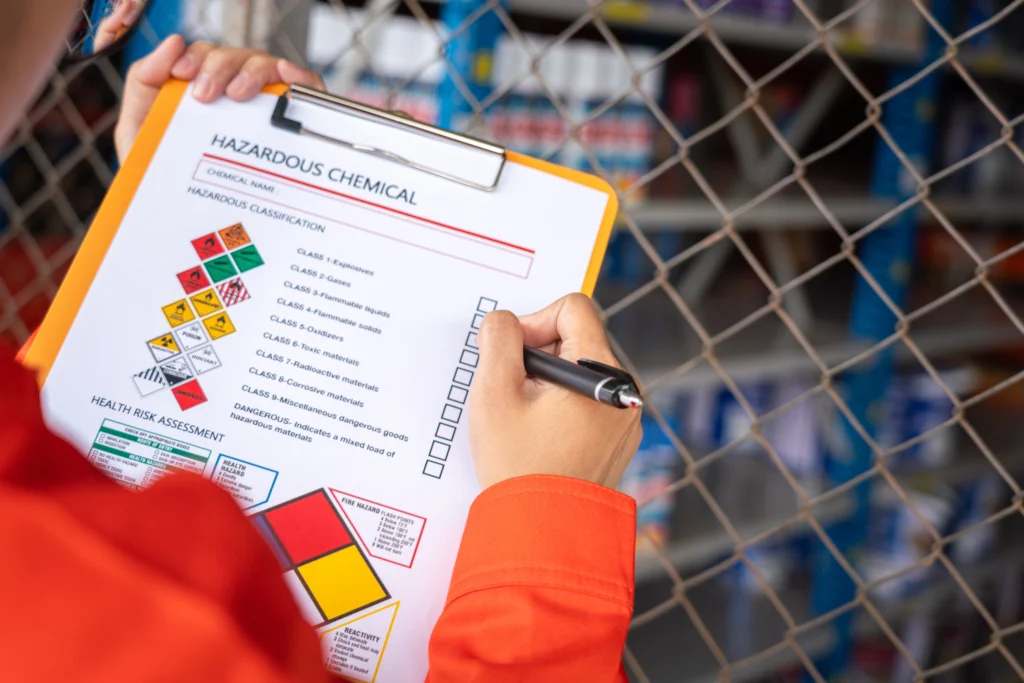

Compliance with the EU’s chemical rules is not just a regulatory requirement but a gateway to numerous advantages for manufacturers. Ensuring public health and protecting the environment is essential for responsible business practices.
Manufacturers, by showcasing the safety and eco-friendliness of their products, can bolster their reputation and gain a competitive edge in the market. Moreover, these regulations offer opportunities to streamline supply chains and mitigate risks associated with hazardous chemicals. The integration of technology and chemical registers can significantly enhance the efficiency of auditing processes.
Critical to the compliance process is rigorous auditing to ensure adherence to regulations. Regular audits play a pivotal role in identifying areas of non-compliance, process gaps and avenues for improvement. Proactive auditing allows companies to address potential compliance issues before they escalate, contributing to overall operational enhancement. In tandem, OSHA’s Hazard Communication Standard (HCS), known as the “Right to Know,” ensures workers have access to vital information for safe interaction with hazardous chemicals.
Non-compliance with these regulations can result in severe consequences, including:
Substantial fines
Legal actions
Product recalls
Loss of market access
Reputational damage
Preparing, staying informed and utilizing the right technological tools is paramount for seamless reporting on ESG amid evolving EU regulatory revisions. This preparedness is especially crucial for global companies operating within the EU.
Companies need chemical registers – databases that contain information about the chemicals used in a company’s products – to comply with regulations. To comply, manufacturers and importers must provide comprehensive information about the chemicals used.
Maintaining a chemical register can help companies comply with regulations, manage risks, improve supply chain transparency and enhance product development. Other benefits include an easily accessible and updated catalog so you can track the chemicals and hazardous materials that are used and stored in your workplace. Here, companies and organizations can maintain centralized, up-to-date catalogs regarding how workers use, handle and store chemicals within a workplace.
These platforms can integrate ESG benefits, contributing to reduced environmental impact, enhanced risk management, improved product stewardship and regulatory compliance.
Investing in a chemical register will help your company protect the environment and the health and safety of your workforce with built-in best practices to help you streamline chemical management throughout.
Interesting in learning more about recent EU regulations? Check out our infographic: Navigating the EU CSRD
Share